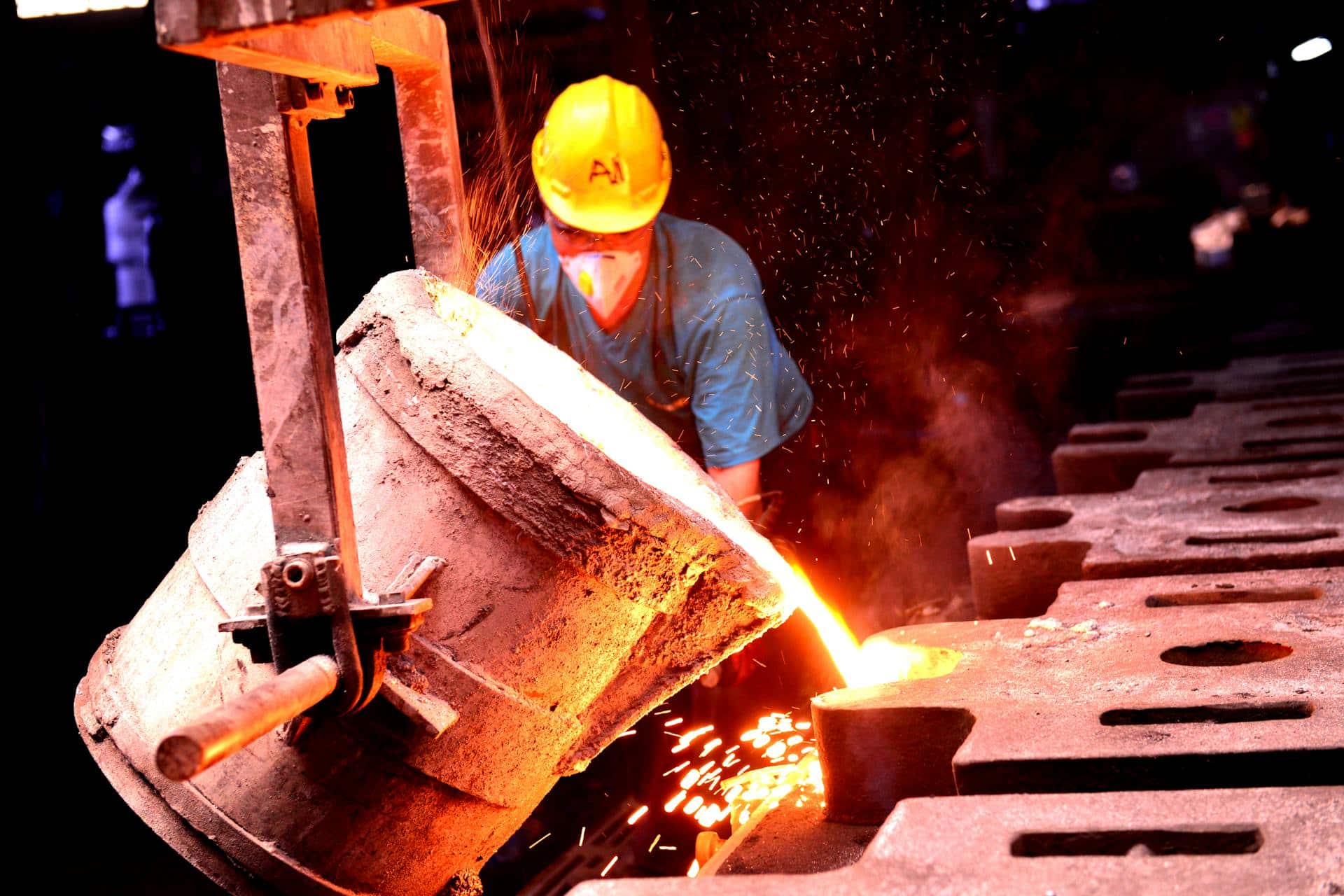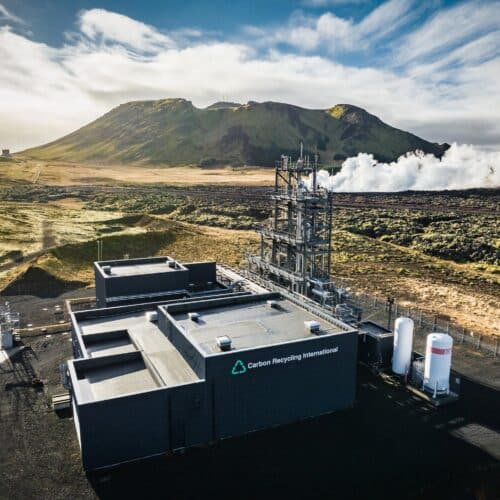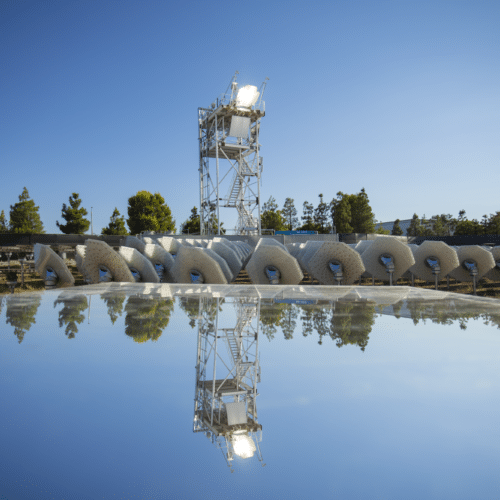Steel has been essential to modern life. It’s the backbone of our skyscrapers, cars, and bridges. But for all its benefits, it comes with a hefty price: steel production is one of the largest sources of carbon emissions globally. For centuries, those emissions have been an unavoidable byproduct of progress.
But what if they didn’t have to be?
Enter LanzaTech, a company that’s flipping the script on carbon emissions. Instead of letting carbon dioxide escape into the atmosphere to worsen climate change, LanzaTech captures it and transforms it into something new: consumer goods.
Their technology is a marvel of science and ingenuity. Using specialized bacteria, LanzaTech converts carbon emissions into ethanol. That ethanol, in turn, can be used to create fuels, plastics, fibers, and even clothing. Imagine a world where the harmful emissions from a steel mill become the fabric of your next T-shirt or the bottle holding your shampoo
Maybe that sounds like magic, but this is no illusion. It’s science.
By the end of 2024, LanzaTech had six facilities producing more than 300,000 tons of ethanol from captured emissions, at an estimated carbon abatement of over 600,000 tons. That’s not just a dent in emissions—it’s a new process that could be a game changer.
But LanzaTech isn’t stopping there. They’ve partnered with household names like Unilever and L’Oréal to create packaging made from captured carbon emissions. Think about what that means: every time you pick up a product packaged with these materials, you’re holding proof that something once considered waste—a pollutant—is now a resource.
It’s an inspiring reminder that innovation can turn problems into possibilities.
Perhaps the most exciting leap LanzaTech has made is in aviation. In 2018, they partnered with Virgin Atlantic for a historic test flight partially powered by jet fuel made from recycled carbon emissions. Gases captured from a steel mill’s smokestacks contributing not to climate change, but to a plane’s flight across the Atlantic. In 2023, Virgin Atlantic followed this up with its first 100% Sustainable Aviation Fuel commercial flight.
This is more than a technological feat—it’s a vision for a sustainable future in an industry that has long been considered one of the hardest to decarbonize.
What makes LanzaTech’s approach so revolutionary is perspective. They don’t see carbon emissions as waste; they see them as an underutilized resource. This shift isn’t just helping reduce environmental harm—it’s creating entirely new markets.
It’s challenging the outdated notion that sustainability is a burden and proving instead that it can be a wellspring of innovation.
LanzaTech is a reminder that even industries steeped in tradition can reinvent themselves. Steel production has been around for centuries, yet here we are, witnessing a groundbreaking transformation that could finally end its legacy of pollution. It’s not just about cleaning up the mess we’ve made—it’s about using that mess to build something better.
So, the next time you pick up a bottle or slip on a T-shirt, think about where it came from. If companies like LanzaTech have their way, it might just be made from what used to be pollution.
That’s the kind of innovation that changes the world—taking yesterday’s waste and turning it into tomorrow’s possibilities.
I do a lot of keynote speaking.
In my keynotes, I share real-world stories like this – highlighting companies that are rewriting the rules while impacting the world in the process. Through these stories, I inspire businesses to see what’s possible while sharing a roadmap on how to use Purpose, ESG, or Sustainability to drive innovation and create the future.
The truth is, the future isn’t just a place we’re going to.
It’s a place we create every single day.
We might as well create a future we’re proud of.




